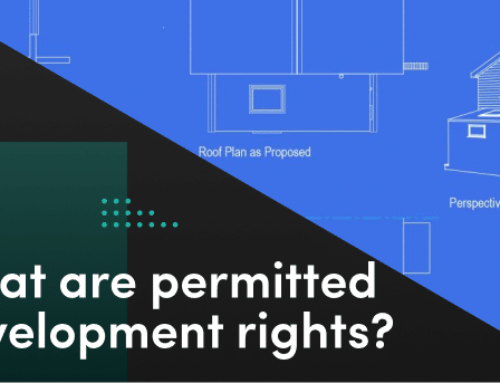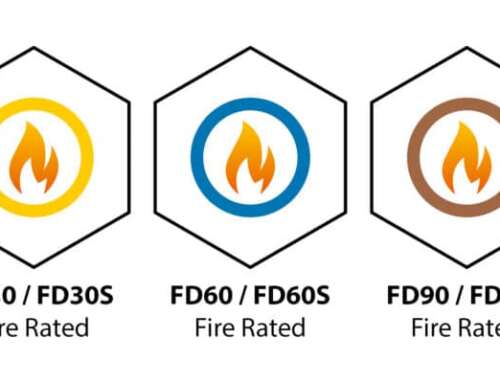How Much Does It Cost to Get Planning Permission in 2024

1. Introduction
The Importance of Planning Permission
Planning permission is a crucial element of any construction or renovation project in the UK. It ensures that developments align with local policies, environmental considerations, and community interests. However, obtaining planning permission comes with associated costs that can vary significantly based on various factors.
Factors Influencing Planning Permission Costs
The cost of planning permission is influenced by several factors, including the type of development, location, scale, and complexity. Understanding these factors is essential for anyone planning a construction project in the UK in 2024. This comprehensive guide explores the various aspects of planning permission costs and how to navigate the process effectively.
2. Understanding Planning Permission
What Is Planning Permission?
Planning permission, often referred to as “planning consent,” is a legal requirement for most construction projects in the UK. It is granted by local planning authorities and ensures that the proposed development is in line with local development plans, zoning regulations, and other relevant policies.
Why Is Planning Permission Required?
Planning permission serves several critical purposes:
- Protecting the Environment: It ensures that developments consider environmental factors such as biodiversity, flood risk, and sustainable transportation.
- Community Interest: Planning permission considers the impact of a development on the local community, including noise levels, traffic, and aesthetics.
- Safety and Infrastructure: It assesses whether the proposed development meets safety standards and whether the local infrastructure can support it.
Types of Planning Permission
There are several types of planning permission, including:
- Full Planning Permission: Allows for the complete construction or renovation of a property.
- Outline Planning Permission: Provides preliminary approval for a development’s general principles, with detailed plans submitted later.
- Reserved Matters Permission: Follows outline permission and covers specific details like design, appearance, and landscaping.
- Listed Building Consent: Required for changes to listed buildings or structures of historical significance.
3. The Cost of Planning Permission
Application Fees
Application fees are a significant part of planning permission costs. These fees vary based on the type and scale of development. In 2024, the fees may be subject to change, so it’s essential to consult the latest fee schedules from the local planning authority.
Professional Fees
Many individuals and businesses hire professionals, such as architects or planning consultants, to help prepare and submit planning applications. These professionals charge fees for their services, which can vary depending on the complexity of the project.
Additional Costs
Additional costs may include site surveys, environmental impact assessments, legal fees, and public consultation expenses. It’s essential to budget for these costs to ensure a smooth planning permission process.
4. Factors Influencing Planning Permission Costs
Location
Location plays a significant role in planning permission costs. Areas with high demand for development or stringent planning policies may have higher fees. Conversely, less densely populated regions with lower demand may have lower costs.
Type of Development
The type of development also affects costs. For instance, residential projects typically have different fee structures than commercial or industrial developments. Additionally, changes of use, such as converting a commercial property into residential use, may have specific requirements and costs.
Scale and Complexity
The scale and complexity of the project impact both application fees and professional fees. Larger and more complex developments often require more extensive documentation and assessments, leading to higher costs.
Environmental Impact
Developments with a potentially significant environmental impact, such as those near protected areas or with ecological considerations, may require specialised assessments and studies. These additional requirements can increase the overall cost of planning permission.
5. Navigating the Planning Permission Process
Pre-Application Advice
Before submitting a planning application, it’s advisable to seek pre-application advice from the local planning authority. This can help identify potential issues, clarify requirements, and streamline the process. While there may be fees associated with pre-application advice, it can ultimately save time and money.
Submitting a Planning Application
The planning application process involves completing the necessary forms, providing detailed plans and documents, and paying the application fees. The local planning authority will review the application and may request additional information if needed.
The Decision Process
The local planning authority will consider various factors, including the impact on the environment, community, and infrastructure. They will then issue a decision within a specified timeframe. If the application is approved, it may be subject to conditions that must be met during construction.
6. Cost-Effective Planning Permission Strategies
Consultation and Engagement
Engaging with the local community and stakeholders early in the planning process can help address concerns and potential objections. Collaborative approaches can lead to smoother approvals and reduce costs associated with appeals or revisions.
Thorough Research and Documentation
Investing in comprehensive site surveys, impact assessments, and well-documented plans can help expedite the planning permission process. Clear and accurate documentation reduces the likelihood of delays or additional information requests.
Professional Guidance
Working with experienced professionals, such as architects and planning consultants, can be cost-effective in the long run. They can navigate the complexities of the planning system, optimise designs for approval, and minimise potential issues.
7. Conclusion: Investing in Your Vision
Obtaining planning permission in the UK in 2024 involves various costs, but it is an essential step in realising your construction or renovation project. By understanding the factors influencing planning permission costs and following a strategic approach, you can navigate the process efficiently and make a valuable investment in your vision for the future. Planning permission ensures that developments align with local policies, environmental considerations, and community interests, contributing to the overall well-being of your project and the surrounding area. Find out more by contacting the Greenlife Contractors team.





